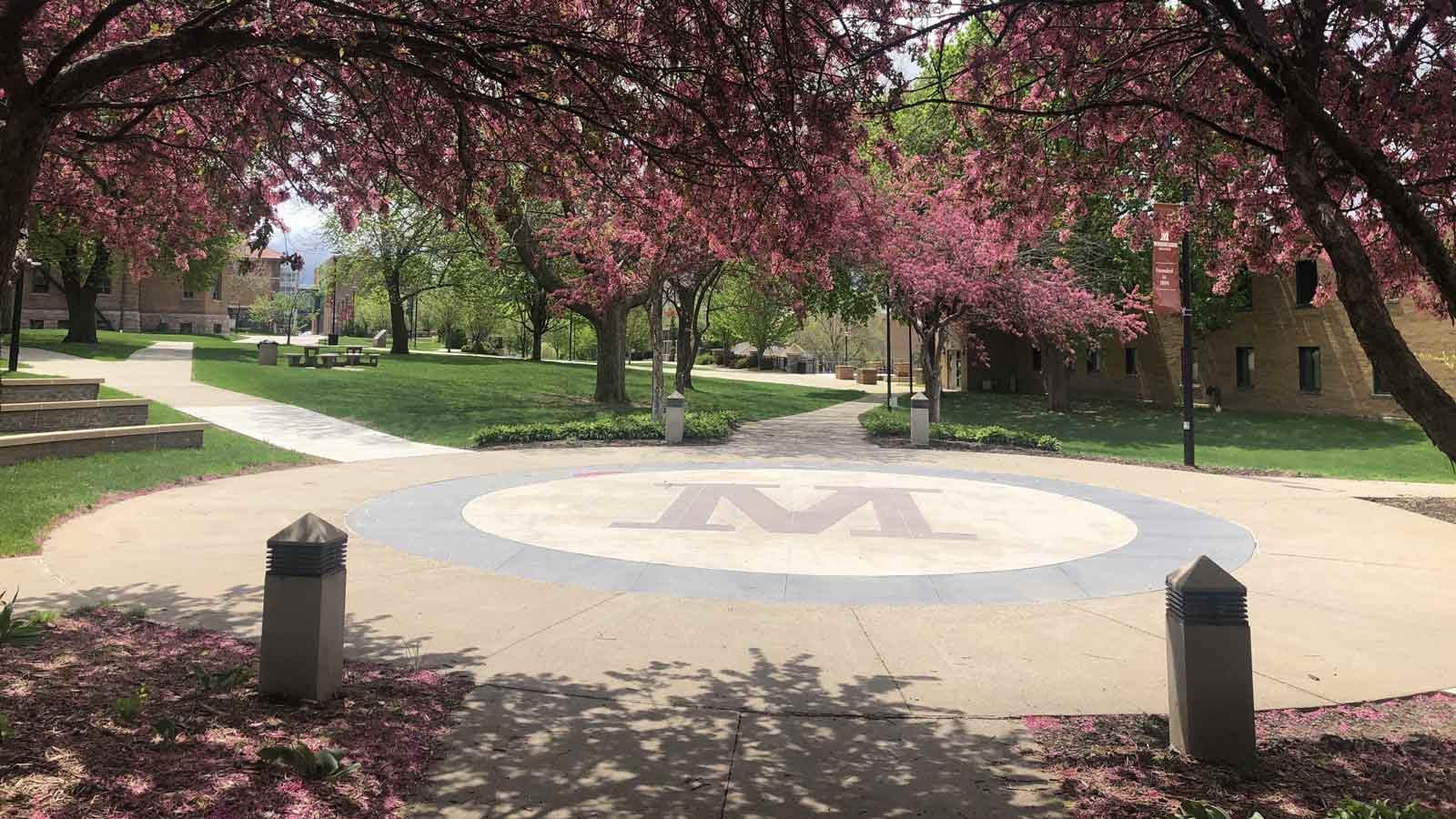Disability Services

Morningside University is committed to providing equal educational opportunities for qualified students with disabilities in accordance with state and federal law, including the Americans with Disabilities Act and Section 504 of the Rehabilitation Act of 1973.
A disability is a mental or physical impairment which substantially limits one or more major life activities. A qualified student with a disability is a student who meets the academic and technical standards for admission or participation (e.g., all essential nonacademic admissions criteria) in an educational program or activity, with or without reasonable accommodation.
A reasonable accommodation (sometimes called a “modification”) IS:
- A change or adjustment to the education environment necessary to afford an equal opportunity to access and/or participate in an educational program or activity. In other words, a reasonable accommodation is to “level the playing field” for students with disabilities and provide equal access to University’s programs and activities.
- Prospective, not retroactive. Accommodations will not generally reverse performance or behavioral concerns which arose prior to the requested accommodation.
Reasonable accommodations might include the provision of academic adjustments or auxiliary aids and services.
Examples of Reasonable Accommodations
- Classroom accessibility
- Copies of instructor's notes
- Preferential seating
- Test taking accommodations
A reasonable accommodation (sometimes called a “modification”) IS NOT:
- A fundamental alteration of the essential characteristics or nature of a program or activity. For instance, an accommodation cannot compromise the academic integrity of a course and/or program by significantly changing the course, program, or experience. Students are expected to meet these essential qualifications, standards, and requirements, with or without reasonable accommodation.
- The exact accommodation requested. The University may provide alternate accommodations to those requested as long as they are reasonable and effective to make the University’s programs, activities, services, and facilities accessible to that individual.
- One that constitutes an undue hardship or burden, meaning that the accommodation would be unduly costly, extensive, substantial or disruptive. Among the factors to be considered in determining whether an accommodation is an undue hardship are the nature and cost of the accommodation, and the overall size, financial resources and the nature and structure of a department’s operation.
In most situations, it is the responsibility of the student to notify the University of the need for an accommodation due to a disability. The University's Disability Services Coordinator is then responsible for working with qualified students, in consultation with other members of the University community as necessary, to identify, facilitate, and provide appropriate academic accommodations and auxiliary aids and services.